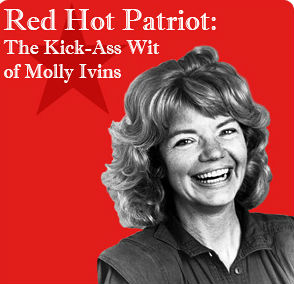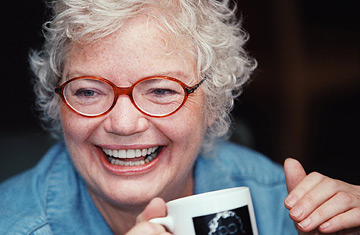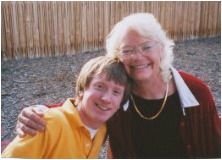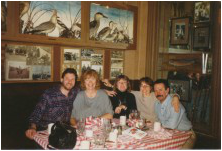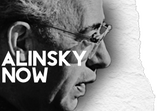Molly Ivins Supported the IAF in Life and Death
By Zeik Saidman, former IAF organizer and current leader in IAF Colorado.
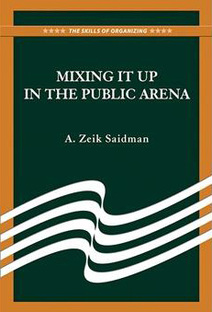
Acta Publications has developed a series of booklets on “The Skills of Organizing”. Zeik’s own fine contribution is titled Mixing It Up in the Public Arena. In it he explores the roots of his passion for a more just society. He writes, “I was drawn to be an advocate for the disadvantaged and the underdogs of our society, whether I was working as a community organizer, union organizer or even a mayoral aide. Perhaps this commitment was shaped by my childhood experiences when we were the only Jewish family in a small town in rural Pennsylvania and I learned to readily identify with the feeling of being the outsider. I also read Holocaust literature growing up, and the dismay and rage I felt about what the Nazis did to those who were considered inferior peoples (gays, Slavs, Gypsies, Jews) gave me the cold anger and determination to fight for the have-nots."
“The fights were never easy and we didn't win them all, but in thinking about what kept me going from the time I was an innocent man in his early twenties until I had become a worldly old hand in his mid-sixties, I have to admit a big part was the excitement of political battle.”
“The fights were never easy and we didn't win them all, but in thinking about what kept me going from the time I was an innocent man in his early twenties until I had become a worldly old hand in his mid-sixties, I have to admit a big part was the excitement of political battle.”


